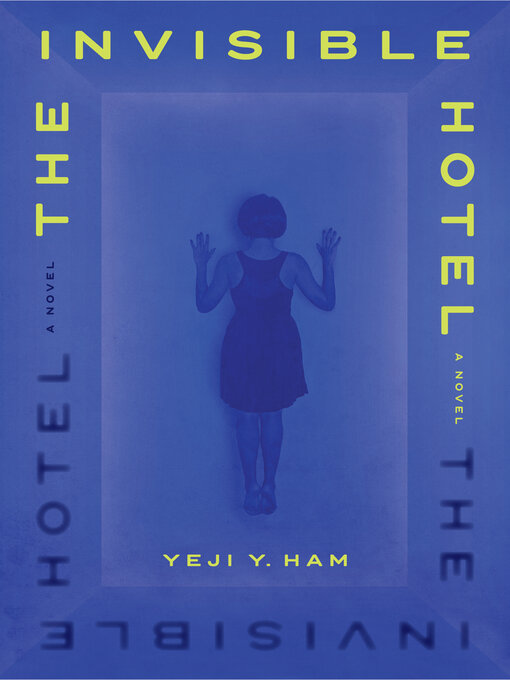"A surreal, riveting, keep-the-lights-on masterwork of horror . . . I will be haunted by this book for years to come." —Kim Fu, author of Lesser Known Monsters of the 21st Century
I know this place. The room is too dim to see clearly. It smells like the bones.
Yewon dreams of a hotel. In the hotel, there are infinite keys to infinite rooms—and a quiet terror she is both eager to understand and desperate to escape. When Yewon wakes, she sees her life: a young woman, out of her job at a convenience store, trapped in the tiny South Korean village of her birth, watching her mother wash the bones of their ancestors in their decrepit bathtub. Every house has them, these rotting and fragmented ribs, tibias, and femurs, whose constant care and persistent stench serve as reminders of what they have all lost to the Forgotten War that never seems to end.
Now Yewon's brother is stationed near the North Korean border, her sister has experienced a life-changing tragedy, and her mother is overwhelmed by anxiety, her health declining. When Yewon begins to drive a local woman named Ms. Han, a mysterious and aging North Korean refugee, to visit her brother at a distant prison, Yewon's dreams intensify. As the line between reality and illusion slowly begins to blur, Yewon is led to an unsettling truth about her country's collective heritage.
A work of literary horror in the gothic tradition, The Invisible Hotel is a startling, speculative tale of a woman in crisis and in stasis, and a country's shifting identity in the long afterlife of the Korean War.
"A surreal, riveting, keep-the-lights-on masterwork of horror . . . I will be haunted by this book for years to come." —Kim Fu, author of Lesser Known Monsters of the 21st Century
I know this place. The room is too dim to see clearly. It smells like the bones.
Yewon dreams of a hotel. In the hotel, there are infinite keys to infinite rooms—and a quiet terror she is both eager to understand and desperate to escape. When Yewon wakes, she sees her life: a young woman, out of her job at a convenience store, trapped in the tiny South Korean village of her birth, watching her mother wash the bones of their ancestors in their decrepit bathtub. Every house has them, these rotting and fragmented ribs, tibias, and femurs, whose constant care and persistent stench serve as reminders of what they have all lost to the Forgotten War that never seems to end.
Now Yewon's brother is stationed near the North Korean border, her sister has experienced a life-changing tragedy, and her mother is overwhelmed by anxiety, her health declining. When Yewon begins to drive a local woman named Ms. Han, a mysterious and aging North Korean refugee, to visit her brother at a distant prison, Yewon's dreams intensify. As the line between reality and illusion slowly begins to blur, Yewon is led to an unsettling truth about her country's collective heritage.
A work of literary horror in the gothic tradition, The Invisible Hotel is a startling, speculative tale of a woman in crisis and in stasis, and a country's shifting identity in the long afterlife of the Korean War.


